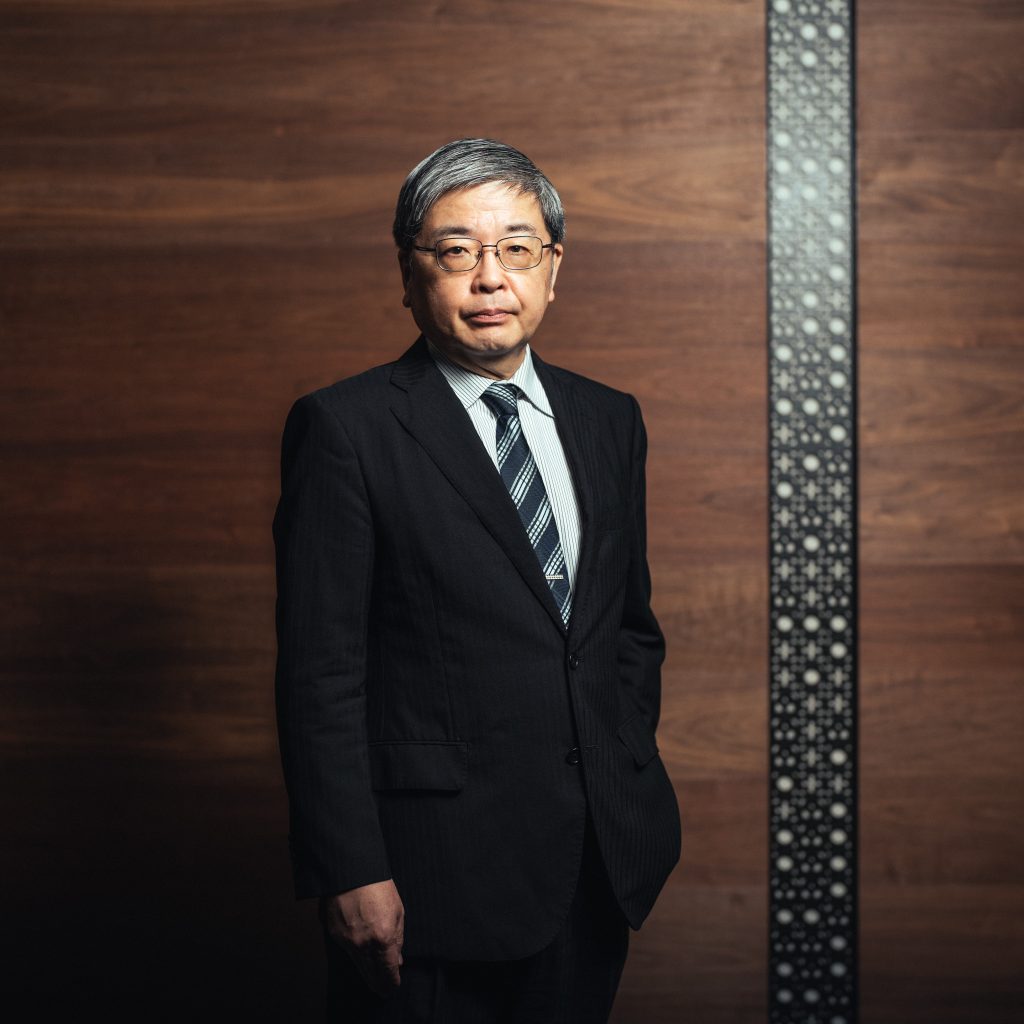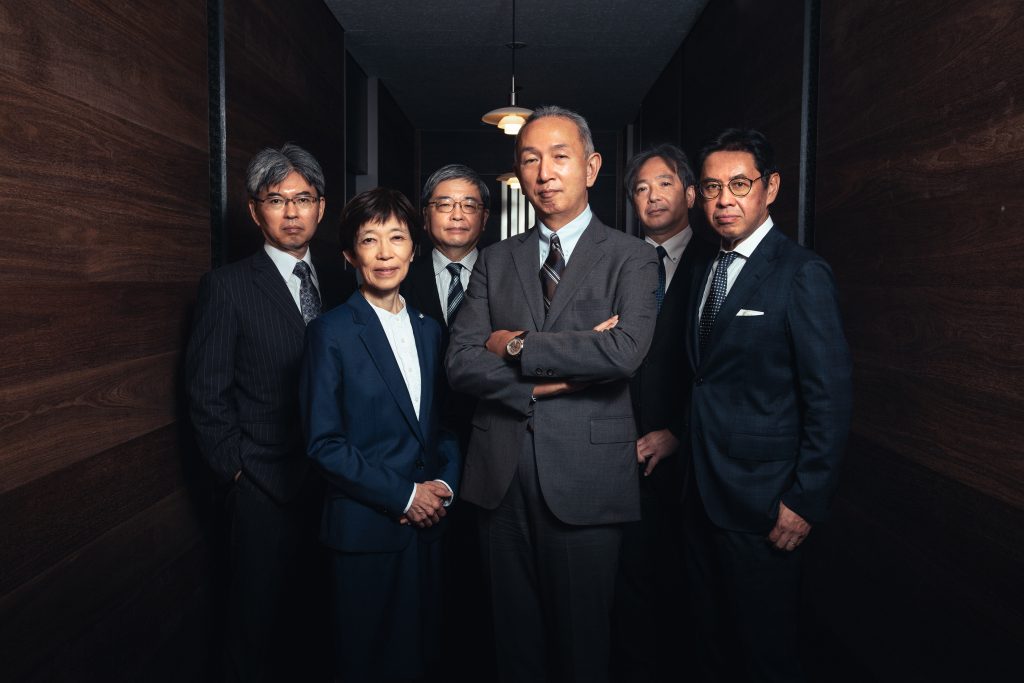Bringing Together Wisdom Across Boundaries of Various Research Fields to Tackle Issues Facing the World

Sophia University aims to be a world-leading center of knowledge through its cross-disciplinary approach to knowledge and problem-solving. The Vice President for Academic Research Affairs, in charge of research among the University’s three missions of education, research, and social contribution, will discuss Sophia’s strengths as a research institution and its ongoing efforts to strengthen its research activities.
How an Integrated Single Campus Creates Strong Interdisciplinary Research Capabilities
As Vice President for Academic Research Affairs, I work to facilitate, revitalize, and disseminate researched information to society. One of the differences between high schools and universities is that in universities, faculty members simultaneously teach and research.
Research is the activity of clarifying what people did not know one by one and sharing those results with society. Research provides students with the chance to develop problem-solving skills from closely observing the research process- something that is characteristic of universities and difficult to obtain at other types of institutions or through self-study. Therefore, a university’s research capability is now becoming an important factor in a student’s university selection process as it is directly related to the quality of a student’s learning.
I believe that the strength of the University’s research lies, first and foremost, in the Christian humanism of “For Others, With Others” that underlies all our research. Sophia University always strives to focus on the vulnerable and to solve social issues in line with the University’s current Sustainable Development Goals (SDGs) philosophy of “leave no one behind.”
Furthermore, the fact that all nine faculties and ten graduate schools are concentrated on one campus in Yotsuya makes it easy to undertake projects that fuse fields of study. Taking advantage of these features, Sophia University’s project to create a sustainable future through research spanning multiple disciplines was selected for the Ministry of Education, Culture, Sports, Science and Technology’s competitive “Private University Research Branding Project” in fiscal years 2016 and 2017.
The project selected for fiscal 2016 focuses on the development of the natural environment, particularly in river areas, bringing together researchers in biology, disaster, law, and other fields. The fiscal 2017 project is focused on human safety and security, bringing together researchers in poverty, environment, medicine, and more. Despite the period for government support ending, both projects continue to develop and expand, contributing to the University’s aim to become a world-leading research center in “nature” and “humanity.”
Enhanced Support to Foster Young and Female Researchers
Following the development of the research themes “nature” and “humanity,” the University is currently working to determine its next research theme. We are cultivating the seeds of Sophia’s unique characteristics by designating “priority research areas” under the “Special Promotion Fund for Academic Research,” which solicits and provides grants for outstanding research from within the University that is in line with our founding philosophy and characteristics. Of the research selected under this program, Sophia University will also focus on obtaining external funding for its potential to develop into something bigger, again with the intention of establishing a center capable of excellent research.
To further invigorate research, it is also essential to nurture young researchers and encourage women to play a more active role. While Japan has seen a decline in the number of students pursuing graduate degrees, contributing to the stagnation in international competitiveness of Japanese universities, the number of graduate students at Sophia University has remained almost constant.
In order to maintain this positive trend, Sophia University needs attract more young people to research. Starting this year, the University launched a scholarship program to, in principle, subsidize half of the tuition fees for all graduate students in the doctoral course. If used together with any of the other paid education/research staff employment systems such as the research assistant (RA) and teaching assistant (TA) programs, all course fees could be covered, allowing students to be free from financial concerns and to concentrate on research.
For more than 10 years, Sophia University has been working to improve the research environment for female researchers, like arrangements for assistance while researchers have childcare duties and establishing childcare centers. The ratio of female researchers at the University is more than one in three, a high level even by national standards.
In fiscal 2021, the University was also selected by the Ministry of Education, Culture, Sports, Science and Technology (MEXT) for its “Diversity Research Environment Realization Initiative (Survey and Analysis),” which supports institutions conducting surveys to improve the research capabilities of female researchers. Sophia University is working with Doshisha University to conduct survey analysis and additional studies are underway to create opportunities for women to take on leadership roles in large-scale projects.
A university is not only a place where learning is taught, but also a place where one can discover problems and solutions independently. In society there are as many issues as there is research; we hope that high school students who are preparing for university entrance examinations will peek into fields that are traditionally out of their reach, and learn that there wide breath of research being conducted.
The renewal of the University’s website is also underway to include articles by Sophia University researchers who talk about their own high school experiences and how they got started in research to increase the accessibility of research. We look forward to seeing future Sophia students who are inspired to participate in activities that will spur new solutions and ways of understanding.
